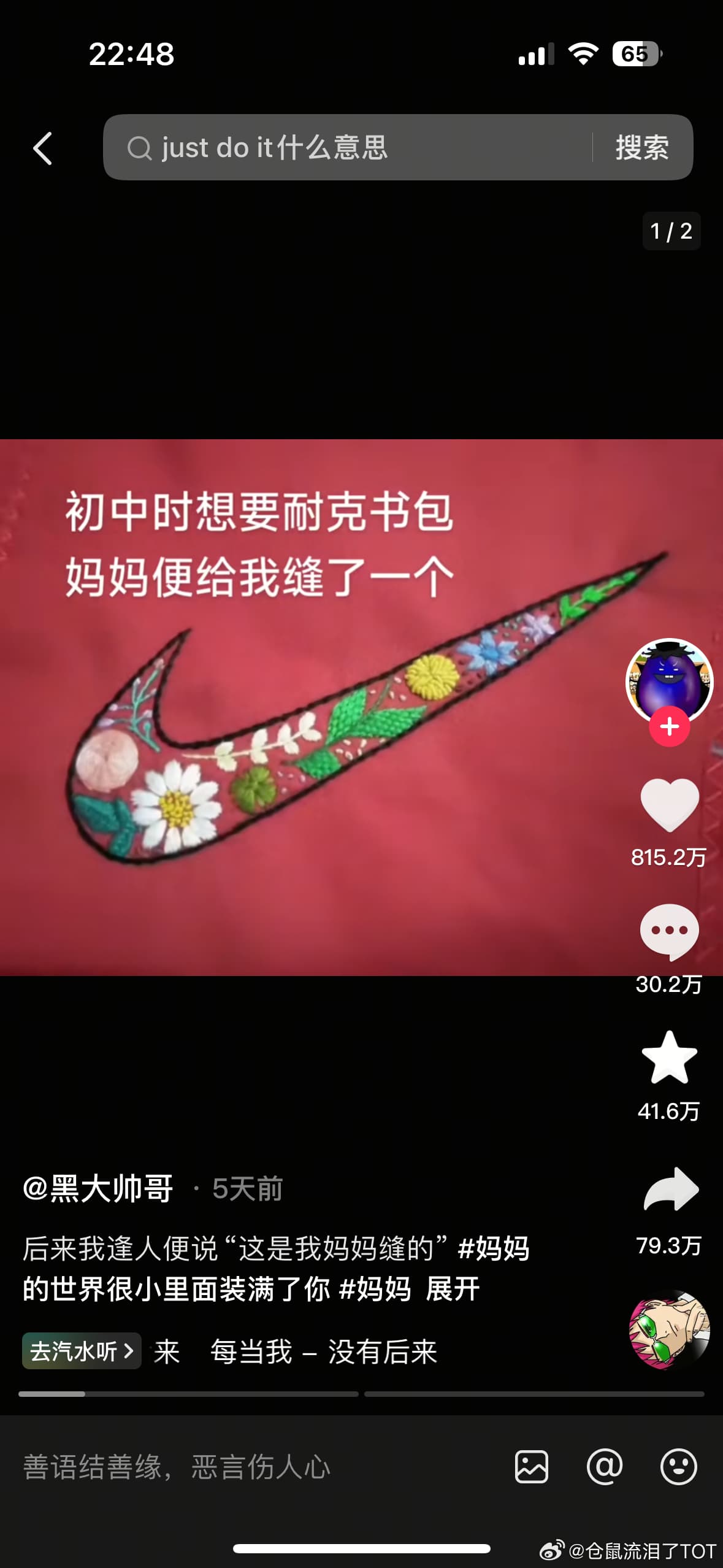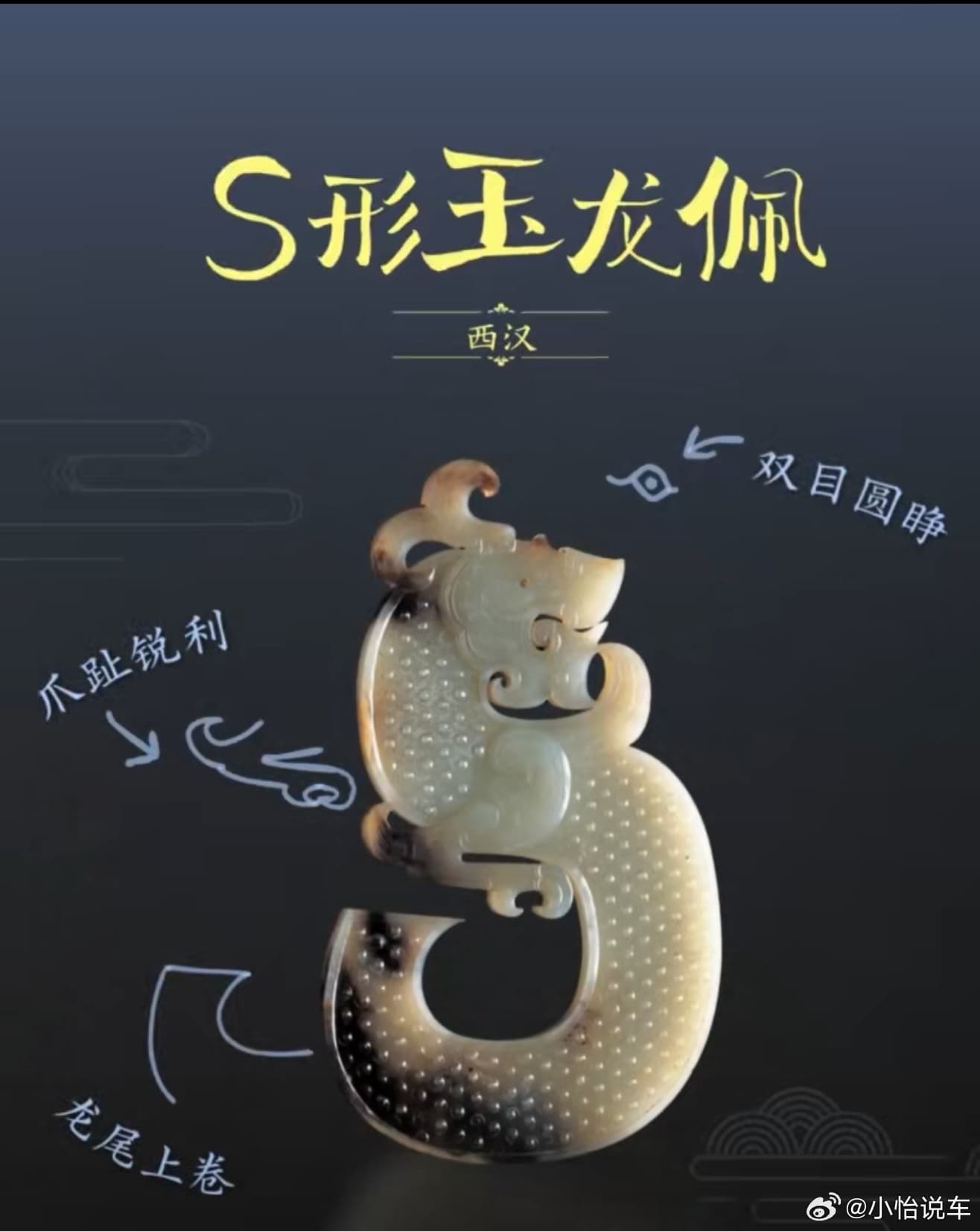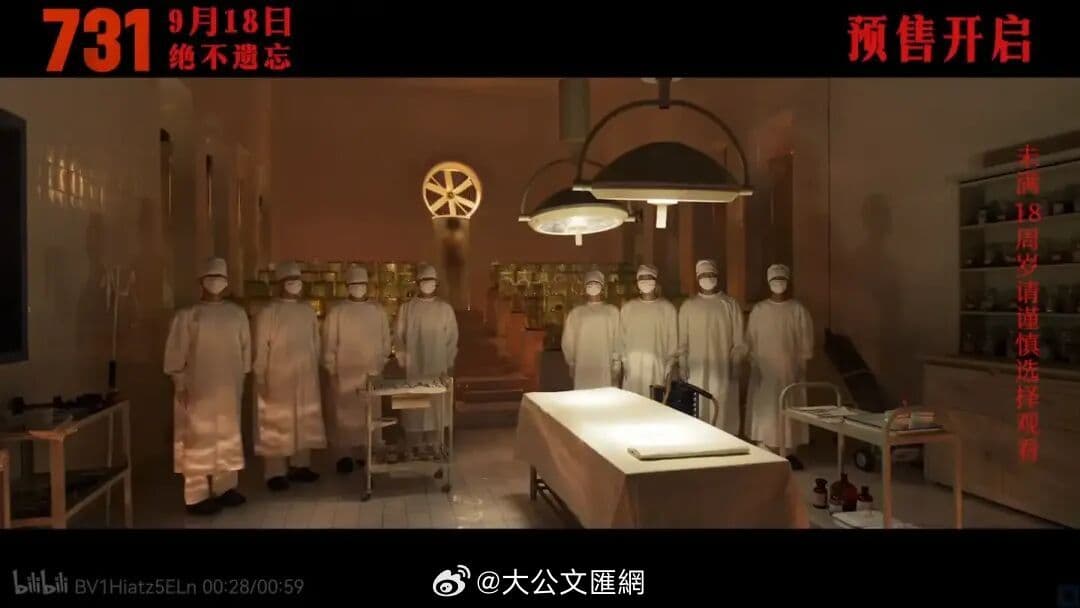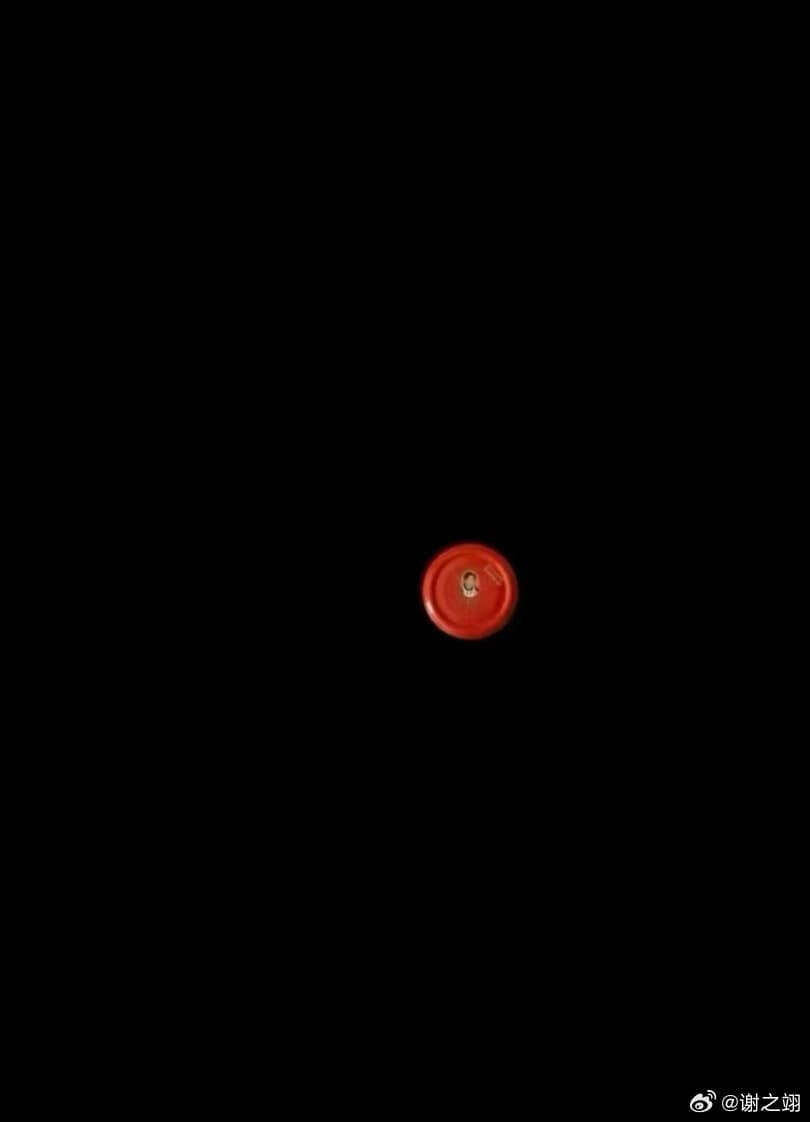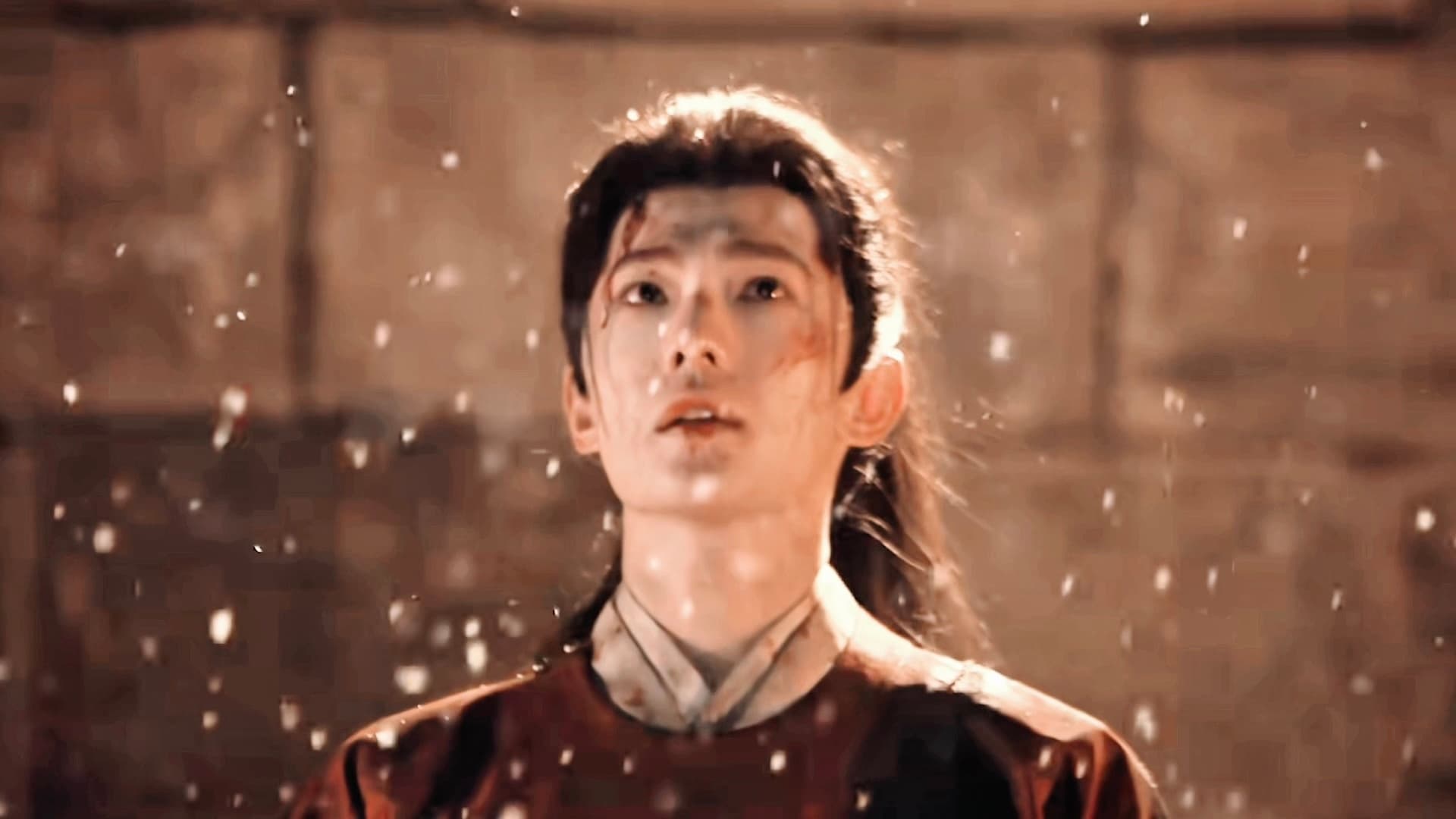From Daughter to Daughter-in-Law: The Complexities of Single Motherhood in Chinese Society
A recent article published in Life Week magazine has sparked heated discussions on Chinese social media, revealing the complex challenges faced by single mothers in contemporary Chinese society. The heartfelt article, titled "After Giving Birth, I Changed from My Mother's Daughter to Daughter-in-Law," candidly shares the personal experiences and transformations faced by the author, a woman named Shi Xi, as she navigates the complexities of her relationship with her mother after becoming a wife and a mother herself. Through her introspective journey, Shi Xi sheds light on the complex and delicate dynamics between mothers-in-law and their daughters-in-law, as well as the societal expectations and pressures that often contribute to strained relationships between the two.

20 February 2024
Shi Xi begins her article by recounting the loving and supportive relationship she had with her mother before getting married. As an only child, she received ample care and attention from her parents, who instilled in her the importance of finding a partner who would treat her with love and respect. However, once she got married and became a mother, her relationship with her mother started to change, with her mother adopting a more critical and demanding approach to her new role as a daughter-in-law and mother.
Throughout the article, Shi Xi shares the various ways in which her mother's attitude toward her shifted, from encouraging her to stand up for her rights and interests during her marriage negotiations, to expecting her to become the perfect homemaker and mother after giving birth. In particular, Shi Xi points out the stark contrast between her mother's expectations for her daughter and for her son-in-law, with her mother demandging more support and consideration from the author while expecting less of her husband.
Shi Xi's candid account of her experiences has elicited a wide range of responses on Chinese social media, with readers expressing both sympathy and frustration with the challenges she faced. While many readers praised Shi Xi for her honesty and for shedding light on the often-overlooked challenges faced by single mothers, others questioned the article's veracity and intent, accusing the magazine of sensationalism and of exploiting the delicate relationship between mothers-in-law and daughters-in-law for clickbait purposes.
Despite the controversy surrounding the article, it has also sparked important conversations about the expectations and pressures faced by single mothers in Chinese society, highlighting the various ways in which societal norms and expectations can contribute to the emotional and psychological strain faced by many women in similar situations. From the expectation to assume the role of a perfect homemaker and mother to the pressure to put the needs of their husbands and in-laws before their own, the article underscores the various ways in which single mothers are often expected to sacrifice their own well-being to fulfill the expectations and desires of their families and society.
In this sense, the article serves as an important reminder of the need to challenge and redefine the traditional roles and expectations of women in Chinese society, and to create a more supportive and inclusive environment for single mothers and their families. By opening up a conversation about the complex and often challenging realities faced by single mothers, the article offers a valuable starting point for challenging the deeply rooted expectations and prejudices that continue to shape the lives and experiences of women in China and beyond.
In conclusion, Shi Xi's article "After Giving Birth, I Changed from My Mother's Daughter to Daughter-in-Law" offers a powerful and poignant account of the complex and often challenging experiences faced by single mothers in contemporary Chinese society. By shedding light on the various ways in which societal expectations and pressures can contribute to the emotional and psychological strain faced by single mothers, the article serves as a timely reminder of the need to challenge and redefine the traditional roles and expectations of women in society. Ultimately, the article underscores the importance of creating a more supportive and inclusive environment for single mothers and their families, one that recognizes and celebrates the diverse and complex experiences of women in all their forms.
Note: The information for this article was drawn from the original Chinese text provided for translation.
